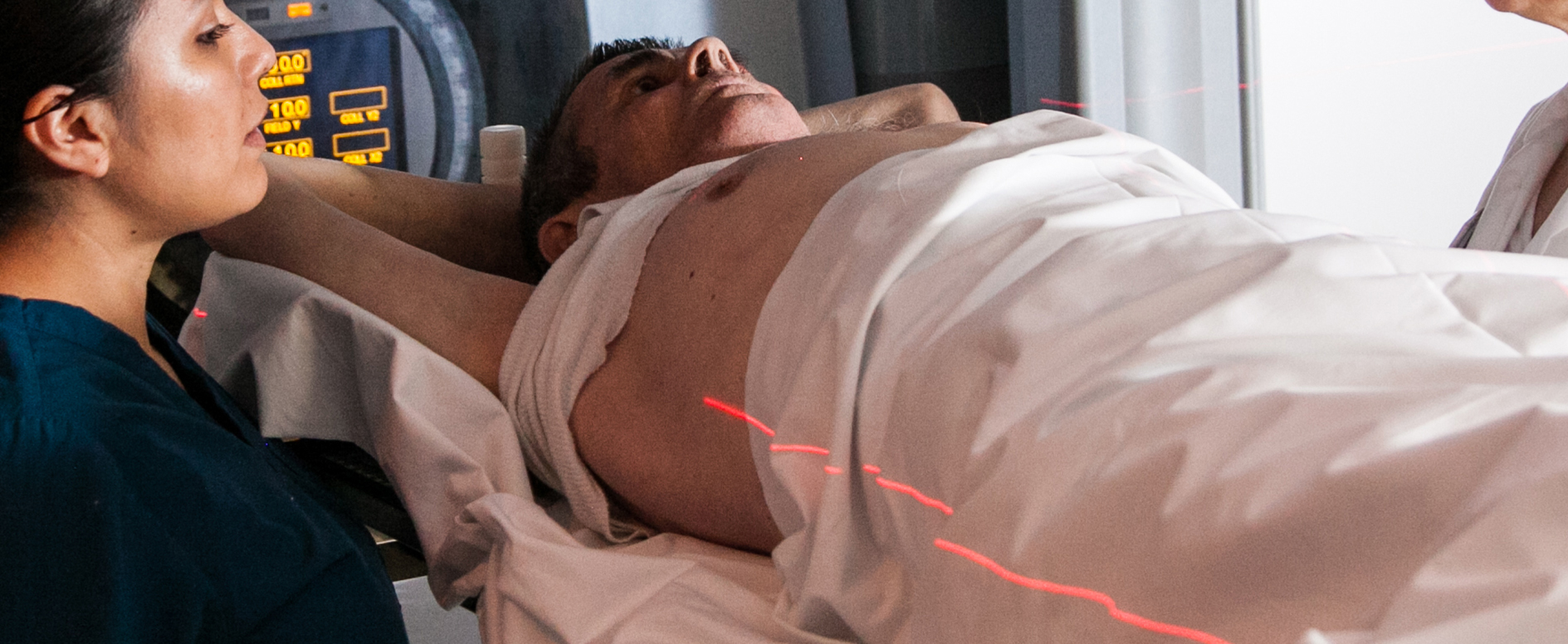
Once a diagnosis of cancer has been made, you will probably talk with your primary care physician along with several cancer specialists, such as a surgeon, a medical oncologist and a radiation oncologist. You will want to ask these doctors about all your treatment options.
In many cases, your cancer will need to be treated by using more than one type of treatment. For example, if you have stomach cancer, you might have surgery to remove the tumor (by a surgeon), then have radiation therapy to destroy any remaining cancer cells in or near your stomach (by a radiation oncologist). You also might receive chemotherapy (by a medical oncologist) to destroy cancer cells that may have traveled to other parts of the body and to make the radiation therapy even more effective. In some cases, you might receive chemotherapy and/or radiation before surgery for certain gastrointestinal cancers.
After reviewing your medical record including imaging, as well as completing a thorough patient history and physical examination, your radiation oncologist will discuss with you the potential benefits and risks of radiation therapy and answer your questions. For a list of questions that you may want to ask, please see the section Questions to Ask Your Doctor.
When developing treatment guidelines, the American Society for Radiation Oncology (ASTRO) works with patients to get feedback on their treatment experience. The following resources were created by a patient representative and the guidelines task force.






